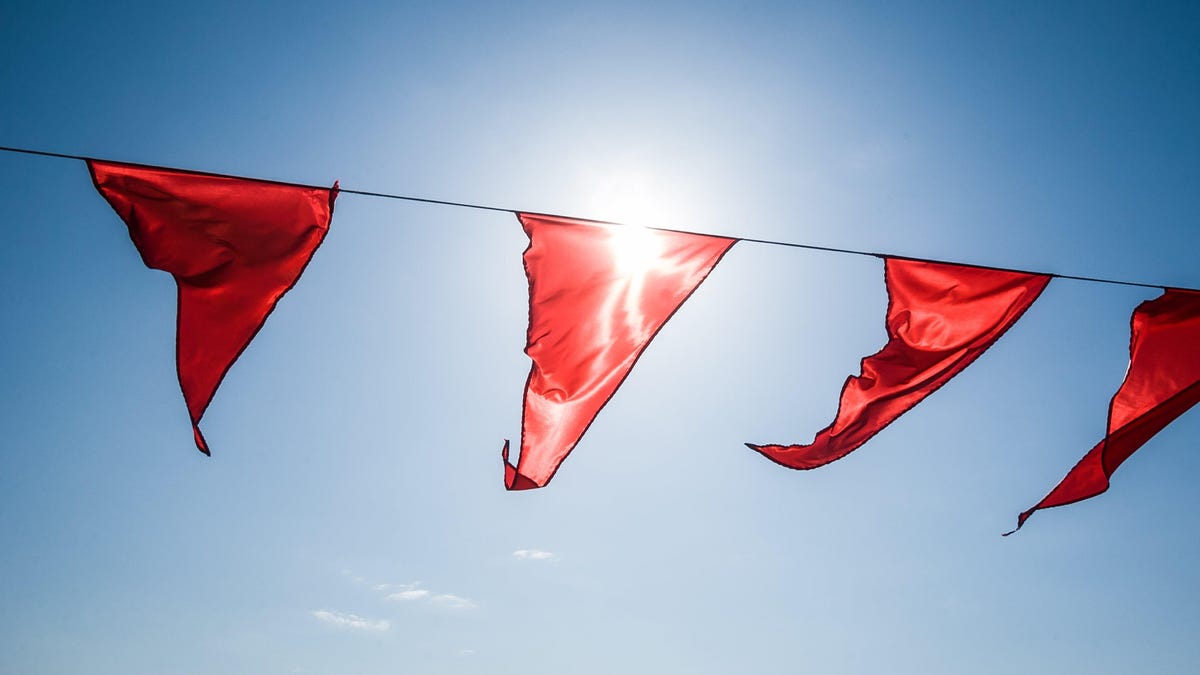Watch Out for These Friendship Red Flags
When we think of toxic people and relationships, romantic partners, family members, and bosses tend to come to mind first. But friends can also fall into that category. Whether it’s someone you’ve known for years—but you’re only now realizing...


Photo: Arts Illustrated Studios (Shutterstock)
When we think of toxic people and relationships, romantic partners, family members, and bosses tend to come to mind first. But friends can also fall into that category. Whether it’s someone you’ve known for years—but you’re only now realizing is manipulative—or a person you’ve met more recently, people we consider “friends” can actually be major sources of stress and distress in our lives.
But because we tend to think of friends as being on our side, it can be hard to recognize when someone is doing more harm than good in our lives. This can be especially tricky if we’ve known them for a long time, and have come to normalize their behavior, or written it off as being part of their personality. To identify potentially toxic friendships, pay attention to these red flags.
Examples of friendship red flags
Because every relationship is different, there is no standard list of red flags to be on the lookout for in every friendship. Still, there are some scenarios that are more common—and concerning—than others. Here are a few examples:
You dread spending time with the person, and feel worse after you do.The relationship is one-sided, with one person making all the plans, and/or putting in all the effort to stay in touch.They treat you like their therapist—expecting you to listen and respond to all of their problems—but never have time or show interest in your life.They only reach out or act like your friend when they need or want something from you.They constantly criticize you and your choices in life, as well as things you don’t necessarily control, like aspects of your appearance, health, and your family.They often give you unsolicited advice and expect you to follow it—even after you’ve asked them politely (even multiple times) not to do that.And of course, if a friend (or anyone else) is physically abusive in any way, that’s a universal red flag, and a clear sign they should not be in your life.

 Konoly
Konoly 






























.jpg&h=630&w=1200&q=100&v=f776164e2b&c=1)

